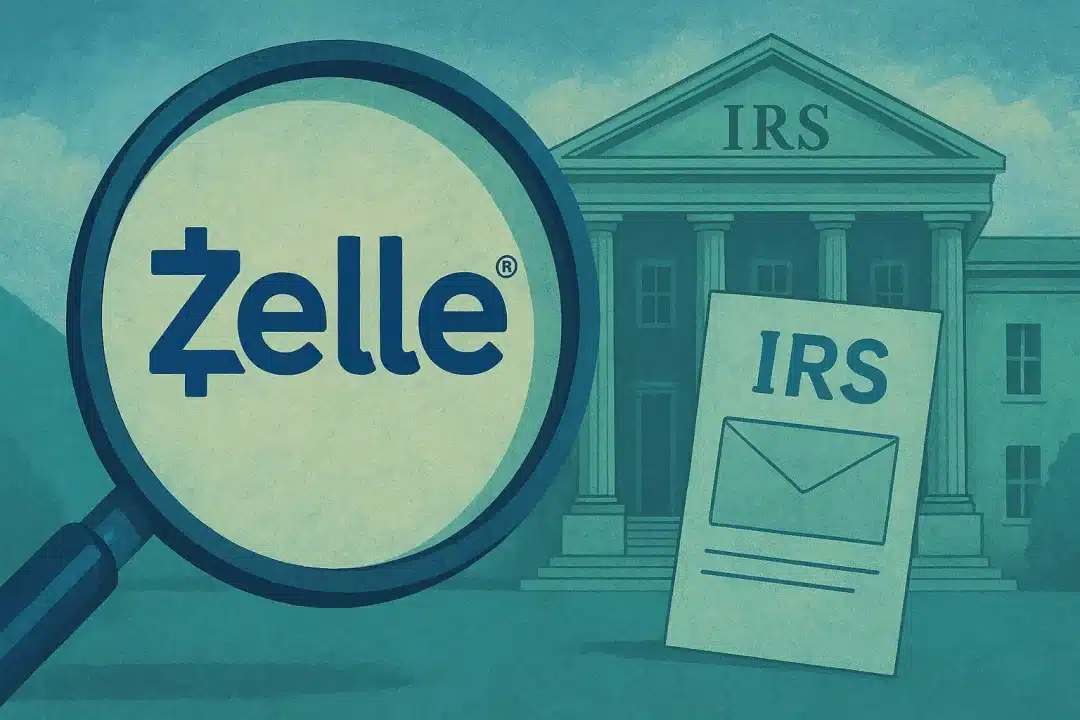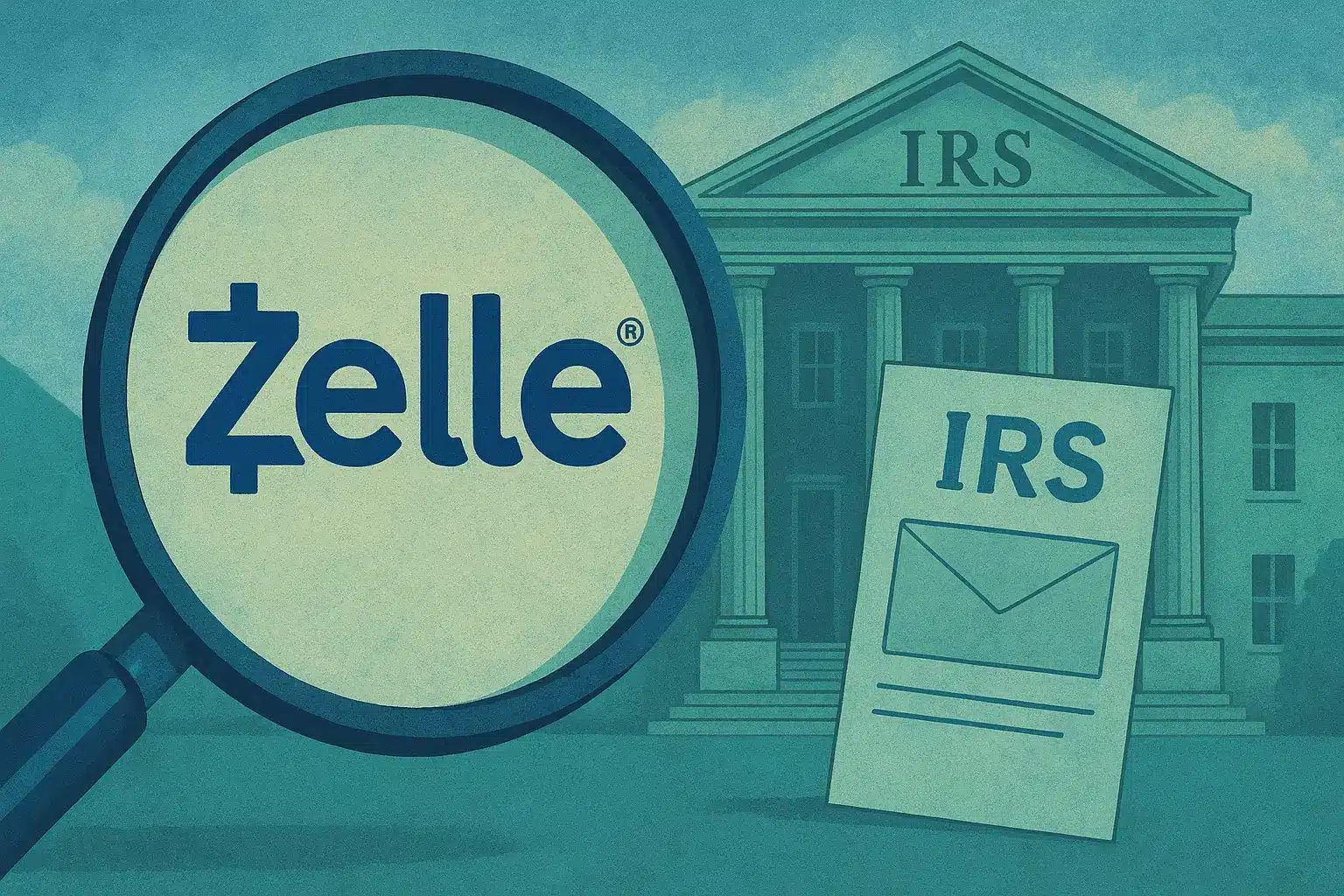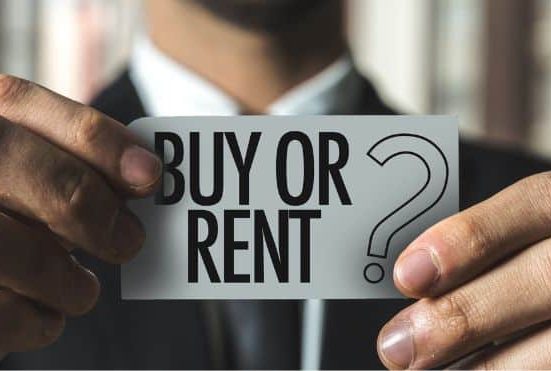

Zelle fraud is back in the spotlight as New York’s Attorney General sues the bank-owned payment app’s operator, accusing it of enabling rampant scams that cost victims over $1 billion. The lawsuit claims Zelle lacked basic safeguards—leaving consumers defenseless and banks unaccountable.
NY Attorney General targets Zelle for widespread scams
Attorney General Letitia James filed suit against Early Warning Services (EWS)—the company behind Zelle and owned by banks like JPMorgan Chase, Bank of America, and Wells Fargo.
Key allegations in the suit:
- Zelle was designed without critical safety features, such as robust user verification or scam-detection tools.
- Fraudsters used lookalike business accounts to trick users into sending money—often posing as utility companies or debt collectors.
- From 2017 to 2023, over $1 billion was stolen through the platform.
- Victims were typically denied refunds, as Zelle’s system was built for speed, not reversibility.
Banks allegedly ignored fraud reports for years
According to the lawsuit, participating banks and EWS:
- Failed to require scam reporting at launch
- Rarely acted on fraud reports in a timely manner
- Did not remove bad actors—even when flagged
- Developed but failed to implement meaningful safeguards
The AG’s office says the banks knew of the problem and did little to stop it.
National scrutiny on Zelle fraud grows
This isn’t the first time Zelle fraud has drawn attention:
- Congressional hearings and federal investigations emerged during the Biden administration
- Critics say Zelle’s model prioritizes speed over consumer protection
- With no buyer protections like those on PayPal or credit cards, users have few options if they’re scammed
Attorney General James noted: “I look forward to getting justice for the New Yorkers who suffered because of Zelle’s security failures.”
What Zelle users need to know
Zelle is fast—but that comes with risk. To avoid scams:
- Never send money to someone you don’t know personally
- Always verify payment requests, especially if they involve urgency or threats
- Ignore calls or texts demanding immediate Zelle payments
- If scammed, report it to your bank and state attorney general
Currently, users often struggle to get restitution because Zelle transactions aren’t reversible.
What happens next in the Zelle fraud case?
The lawsuit seeks monetary restitution for New Yorkers and could push banks to overhaul Zelle’s security features. Industry experts say it may also prompt new federal rules for peer-to-peer payment platforms.
No court date has been set yet, but the case is expected to have national ripple effects.







